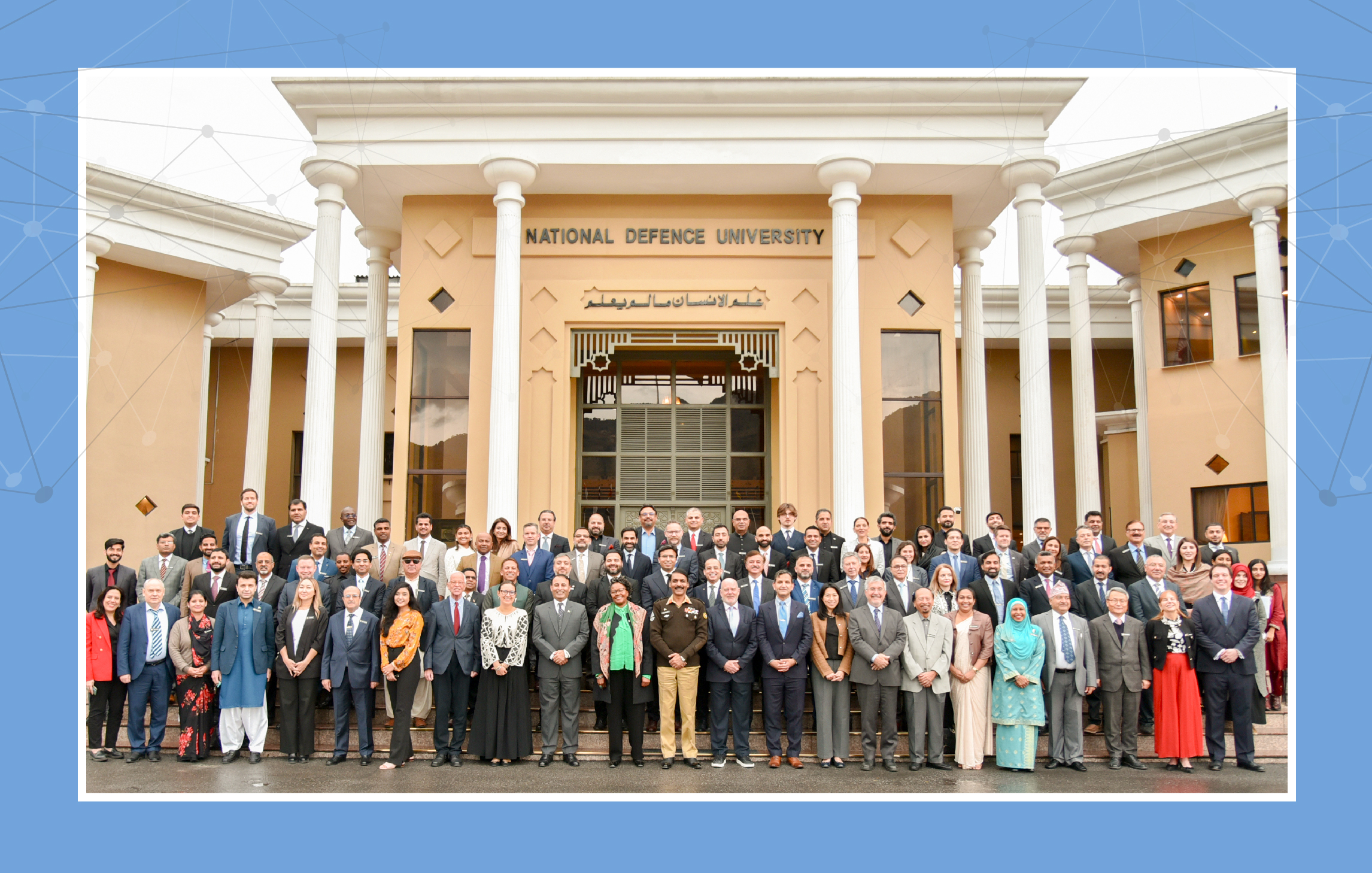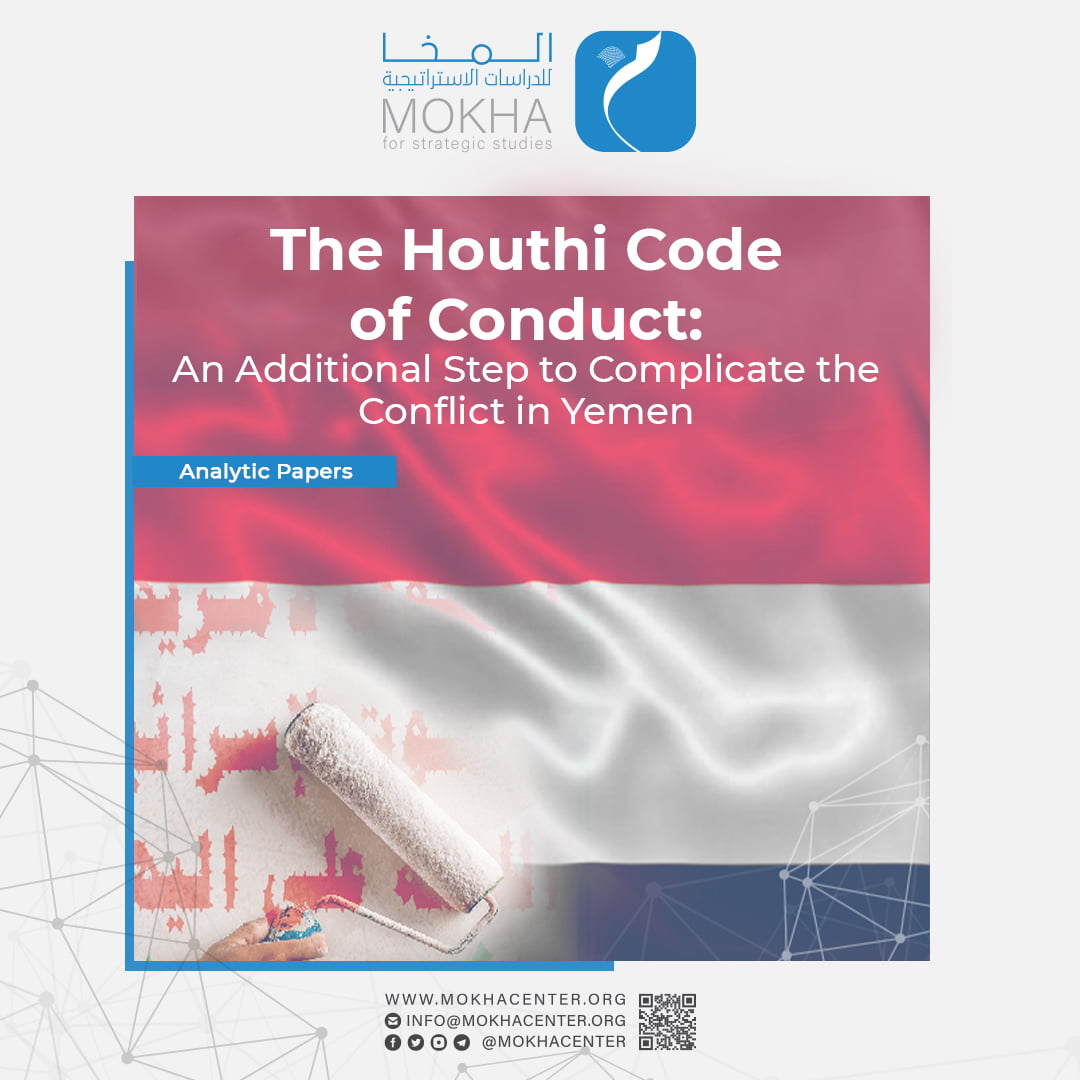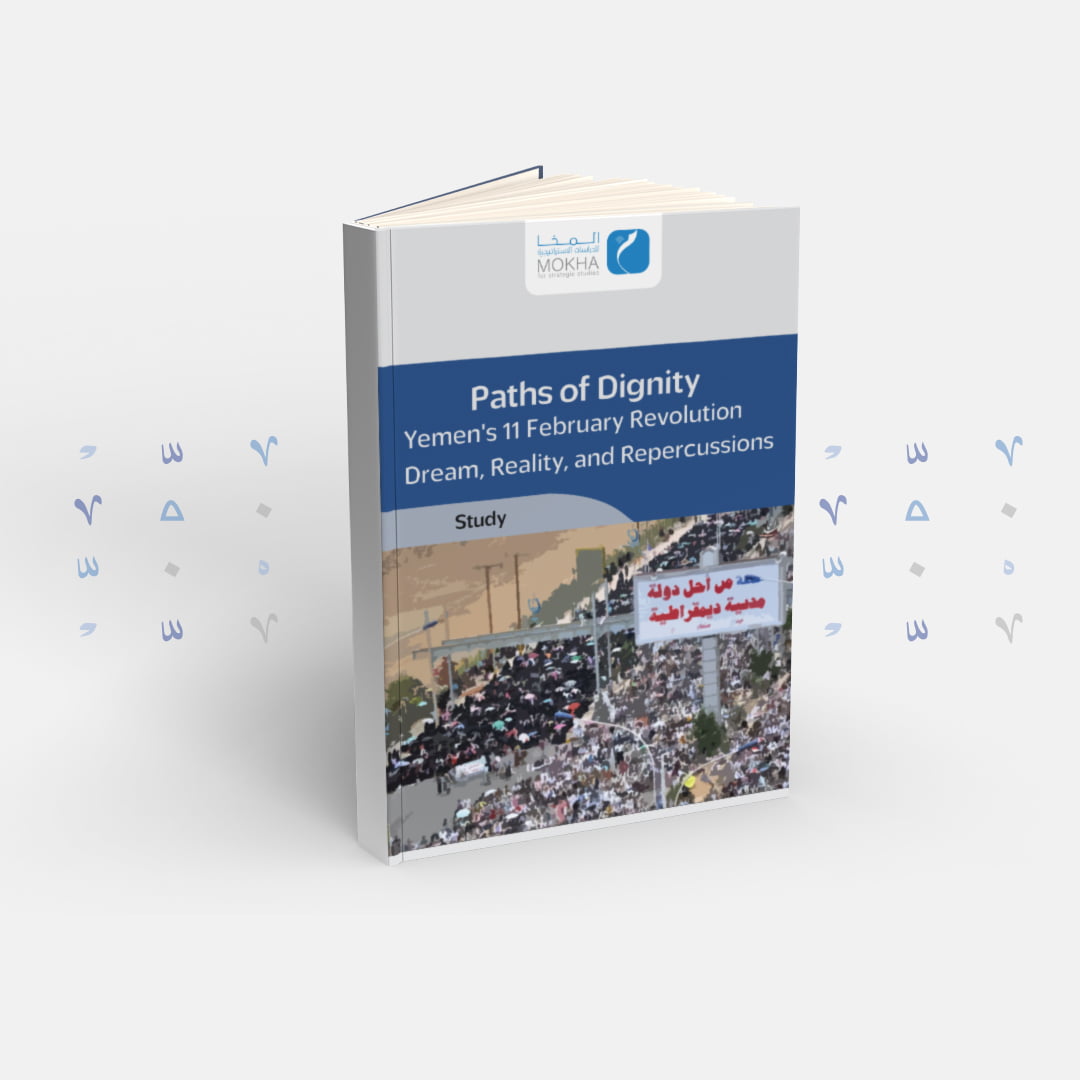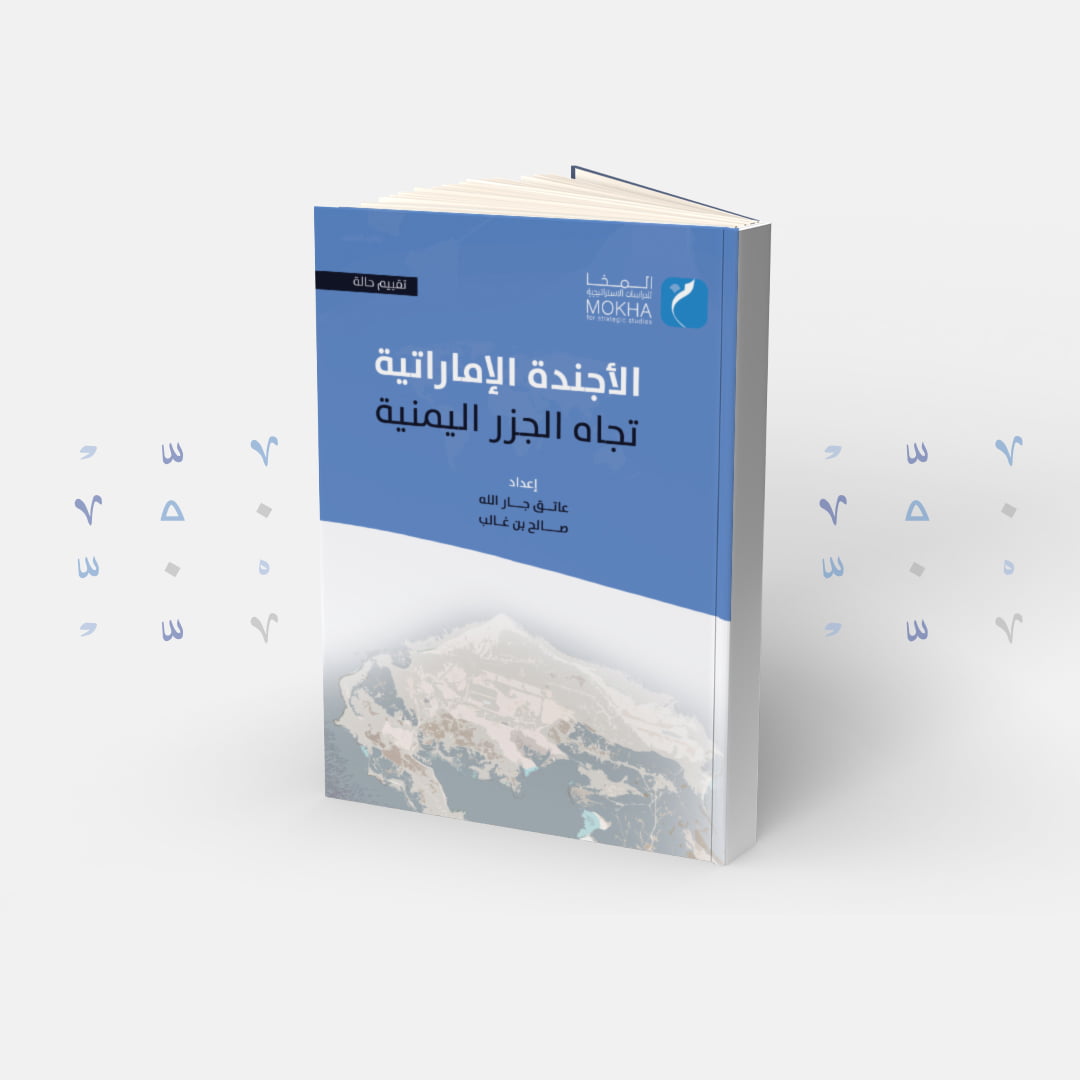“Oil in Yemen… Indicators and Facts”
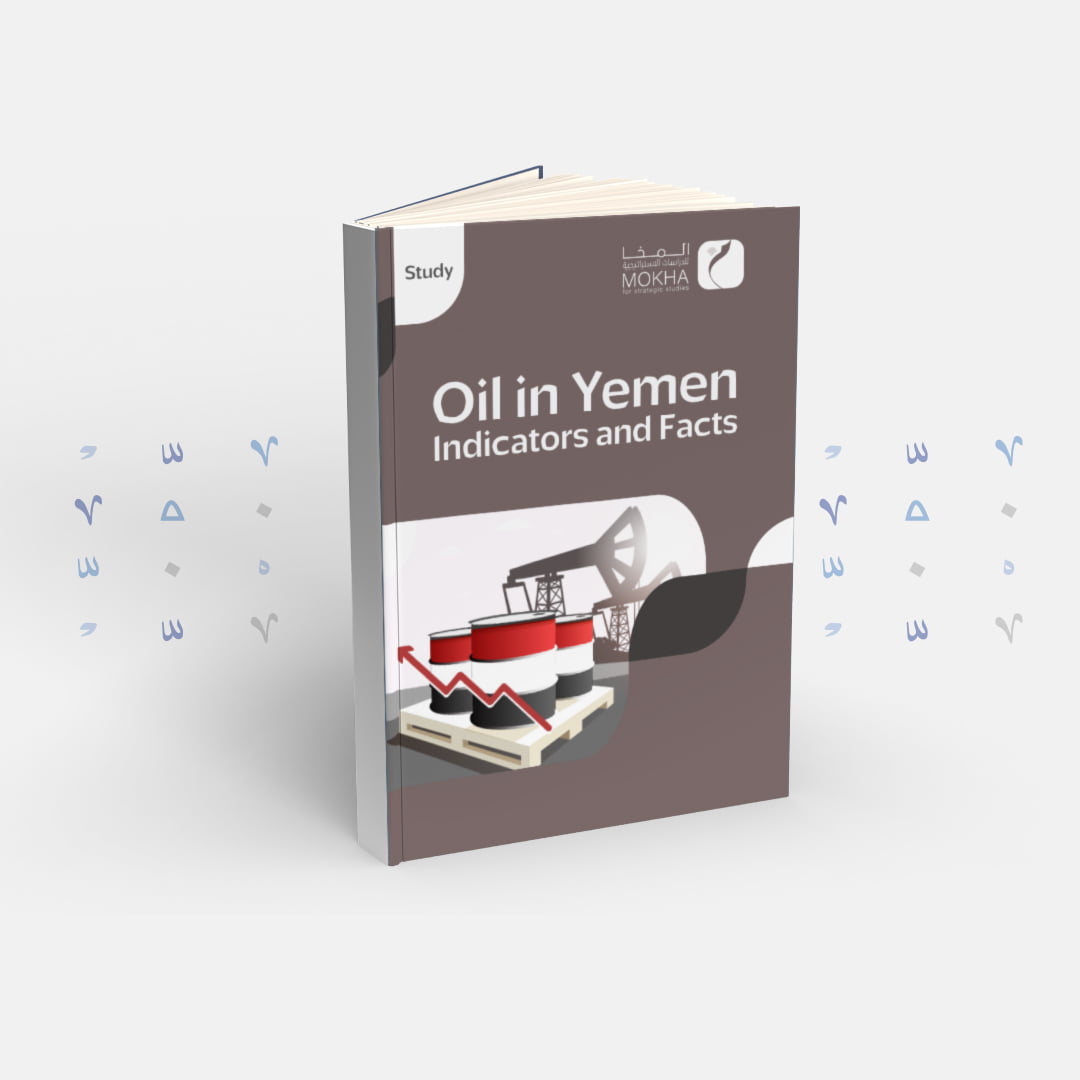
| Getting your Trinity Audio player ready... |
“Oil in Yemen… Indicators and Facts”
The study titled “Oil in Yemen… Indicators and Facts” aims to provide a comprehensive analysis of the oil industry in Yemen, covering the period from 1986 to 2020, with a specific focus on the implications of the ongoing war. This groundbreaking study, conducted by a Yemeni researcher who specialized in oil affairs Fahd Raweh, fills a significant gap in the existing literature on Yemen’s oil resources, which has been largely limited or nonexistent.
Developing oil wealth is a crucial and complex issue that has become increasingly significant and urgent in Yemen. It necessitates comprehensive and immediate solutions to address the current stage and its surrounding circumstances. By utilizing appropriate strategies, we can prevent obstacles that undermine the institutional framework of the oil sector and halt further deterioration in the oil wealth industry.
Therefore, it was necessary to research the causes of incapacity and weakness of practices, as their effects were reflected in the government’s fulfillment of its duties, and the extent to which it implements its responsibilities towards the development of society.
From this point of view, the main problem of the subject of the study lies in examining the reality of the oil sector in Yemen.
The problem of the study can be summarized in a main question, which is: What is the nature of the challenges facing the oil sector in Yemen? And how can it be treated?
It also aims to know the reality of the general situation of the oil sector in Yemen during the two periods (1986 -2014 ) and (2015 -2020) to identify the reality of oil and gas potentials and reserves and to diagnose the most prominent internal and external influences in the activity of the oil and gas sector in Yemen.
the study outlined suggested solutions and alternatives, as well as suitable approaches to achieve recommendations and proposals aimed at maximizing the benefits of relevant stakeholders, fulfilling essential prerequisites, promoting effective management and genuine growth of the country’s oil resources, and facilitating a transition towards a comprehensive and sustainable economy.
